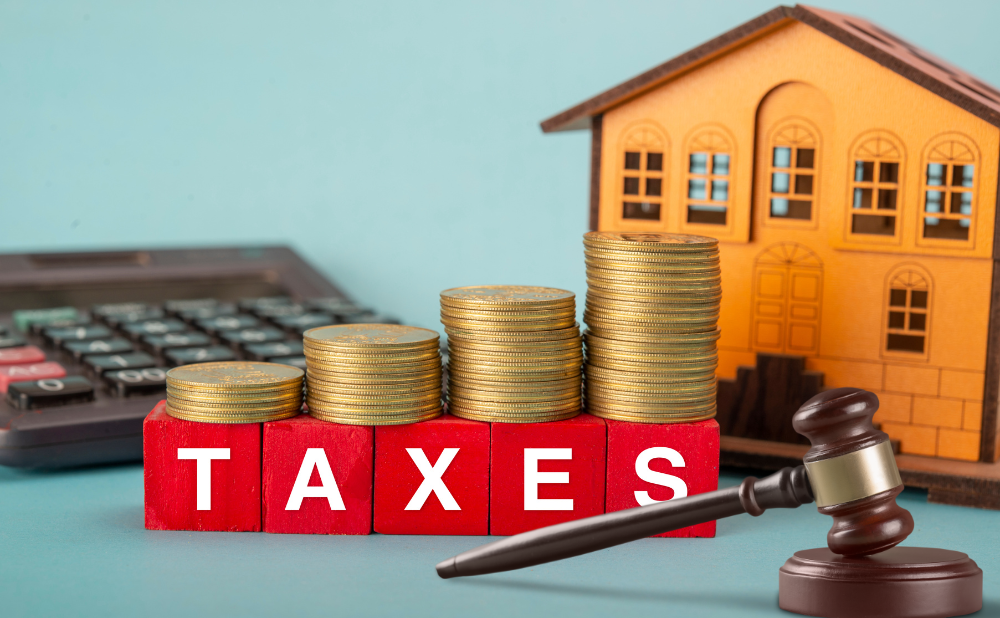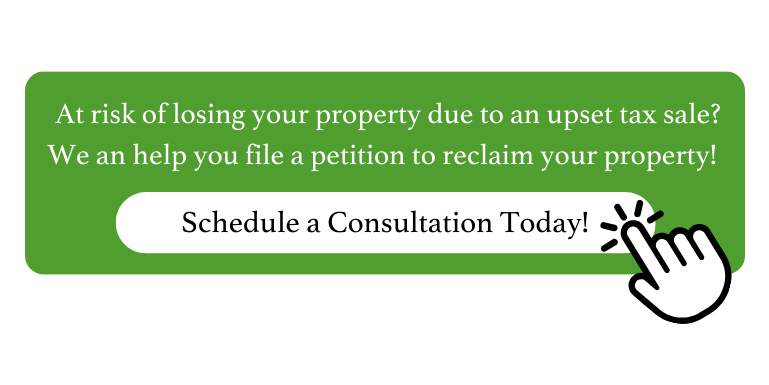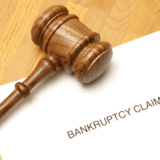Owning a home is a significant achievement, but it comes with responsibilities, including paying property taxes. Unfortunately, when financial difficulties arise, it’s easy to fall behind on tax payments. In Pennsylvania, if you fail to pay your property taxes, the county can take drastic measures, including holding an upset tax sale. This type of sale can result in the loss of your home, leaving you feeling overwhelmed and unsure of what to do next.
In this article, we will delve into the world of upset tax sales in Pennsylvania, explaining what happens during the process, what to do if your house is sold, and the options available to you. Whether you’re facing financial difficulties or simply need to understand the implications of an upset tax sale, this guide aims to provide you with the knowledge and resources necessary to navigate this complex and often confusing process.
Understanding Upset Tax Sales in Pennsylvania
In Pennsylvania, when a property owner fails to pay their taxes, the county can hold an upset tax sale to collect the owed amount. This type of sale allows the county to sell the property to a third party, often at a discounted price, to recoup the lost revenue. If your house was sold at an upset tax sale, it’s essential to understand your rights and options.
What Happens During an Upset Tax Sale?
During an upset tax sale, the county will typically follow these steps:
- Notice of Sale: The county will provide written notice to the property owner, usually by certified mail, stating the amount of owed taxes and the date of the sale.
- Advertisement: The sale will be advertised in local newspapers and on the county’s website.
- Sale: The property is sold to the highest bidder, often at a public auction.
- Deed Transfer: The new owner receives a deed to the property, which is usually free of any outstanding taxes.
What to Do If Your House Was Sold at an Upset Tax Sale
If your house was sold at an upset tax sale, you may feel overwhelmed and unsure of what to do next. Here are some steps to take:
1. Verify the Sale
Contact the county treasurer’s office to confirm the sale and obtain information about the new owner.
2. Review Your Options
You may have the right to:
- Redeem the Property: Pay the amount of the sale, plus interest, to regain ownership of the property.
- File an Appeal: Challenge the sale in court, citing any errors or irregularities in the process.
3. Seek Professional Advice
Consult with an attorney or a tax professional to discuss your options and determine the best course of action. The experienced attorneys at Bumbaugh George Prather, PLLC can help. With our expertise in tax law and property rights, we can guide you through the process of filing a petition to set aside upset tax sale and fight to reclaim your property in Westmoreland County, Allegheny County, Fayette County and surrounding areas of Pittsburgh.
Reach out to Bumbaugh George Prather, PLLC to schedule a consultation and learn more about your options. Call us at 724-864-6840 or contact us here. Take the first step towards reclaiming your property and securing your future.
4. Take Action Quickly
Don’t delay! The longer you wait, the more difficult it may be to redeem your property or file an appeal.
Additional Tips and Considerations
- Keep Records: Maintain detailed records of all correspondence, payments, and notices related to the tax sale.
- Communicate with the New Owner: If you’re unable to redeem the property, try to negotiate with the new owner to come to a mutually beneficial agreement.
- Avoid Scams: Be cautious of individuals or companies offering to help you recover your property for a fee. Always research and verify the legitimacy of any services.
Conclusion
An upset tax sale can be a stressful and overwhelming experience, but understanding your rights and options can help you navigate the process. Remember to act quickly, seek professional advice, and explore all available avenues to regain control of your property.
Frequently Asked Questions about What to Do If Your House Was Sold
What happens after my house is sold at an upset tax sale?
After the sale, the new owner will receive a deed to the property, and you will no longer have any rights to the property.
Can I get my house back after it’s been sold at an upset tax sale?
Yes, in some cases, you may be able to redeem your property by paying the amount of the sale, plus interest, within a certain timeframe.
How long do I have to redeem my property?
In Pennsylvania, you typically have 9 months to 1 year to redeem your property, depending on the specific circumstances.
What if I’m unable to redeem my property?
If you’re unable to redeem your property, you may want to consider filing an appeal or seeking professional advice to explore other options.
Can I stop the upset tax sale process?
A: Yes, in some cases, you may be able to stop the sale by paying the owed taxes, plus any associated fees and penalties, before the sale takes place.
What if I’m not notified about the upset tax sale?
If you’re not notified about the sale, you may still be able to redeem your property or file an appeal. However, it’s essential to act quickly to minimize the consequences.
Remember, it’s crucial to seek professional advice and explore all available options if your house has been sold at an upset tax sale.








